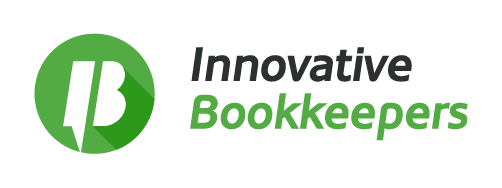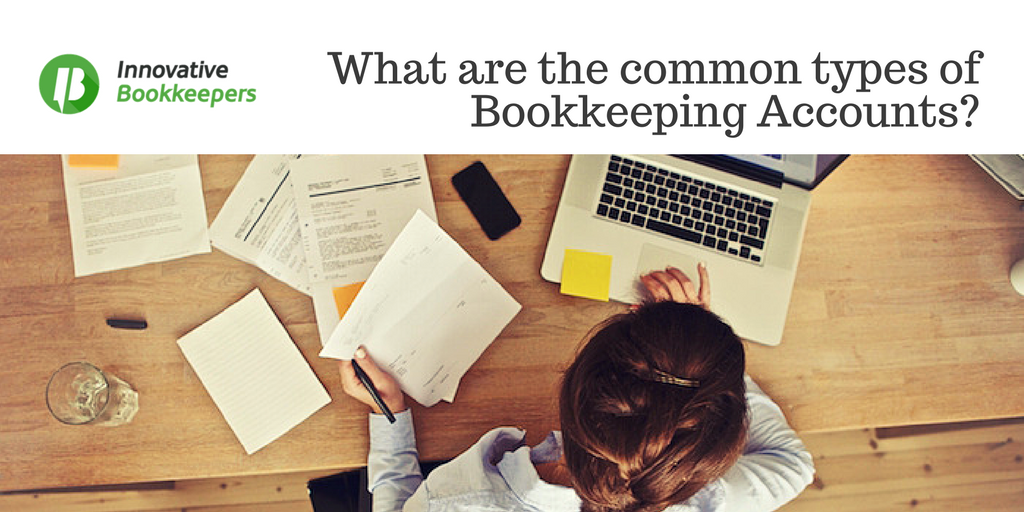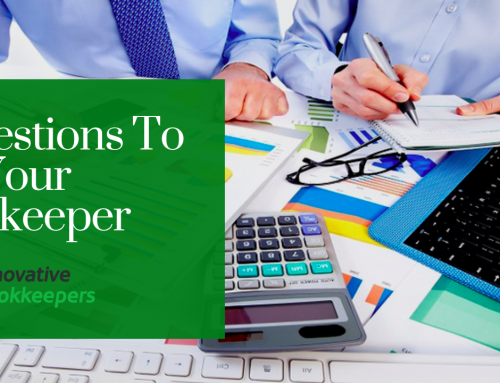
One often overlooked aspect to organizing your small business finances properly is to be familiar with the common types of bookkeeping accounts. This is a quick yet important way of gaining clarity of the real state of your finances. Understanding your own books helps you avoid any potential cash flow issues and the stress that comes with it. Here are some of the common bookkeeping accounts that every small business owner should know:
- Cash
All business transactions have to pass through your cash account, making it the most essential bookkeeping account to keep track of.
- Inventory
Your small business inventory is considered an asset that also uses cash. Make sure that accurate accounting of your inventory is a priority. Aside from tracking inventory in your books, regularly validate these numbers with actual physical counting of on-hand stocks.
- Accounts Payable
This gives you a clear view of how much money you owe other establishments or individuals, helping you monitor and avoid making the same payment twice. Late payments often result in penalties that affect your credit score and can lead to additional cost. More often than not, early payment can also result in discounts that reduce your expenses.
- Accounts Receivable
This account is money that your clients owe you, something that should be regularly updated if you don’t collect immediate payments. It’s absolutely vital to your cash flow health that you give your customers a timely invoice.
- Sales
Recording all sales transactions accurately is necessary to knowing just how well your small business is performing financially. You will also be able to develop strategies that you may need to use in order to reach targets and keep operations running smoothly.
- Purchases
This account lists the things you have purchased for your small business, such as raw materials and other equipment. It’s another crucial element to recording your profitability because this is what you need to compute the Cost of Goods Sold (COGS). You can then find out your gross profit when you subtract the total COGS from your sales.
- Loans Payable
Use this account to monitor the amount of money you borrowed from financial institutions, such as banks or lending agencies. If you borrowed money to buy finished goods, machines or any other business-related items, it’s important to know how much you owe and when it’s due.
- Payroll Expenses
If you have any number of employees, you need to keep this account up to date for government-related requirements and obligations. Payroll is usually the biggest expense of many small businesses, so accurate records are a must.



